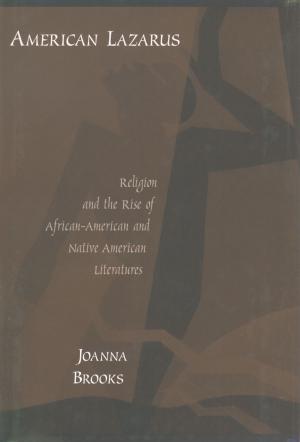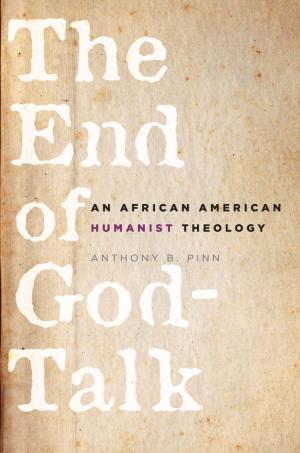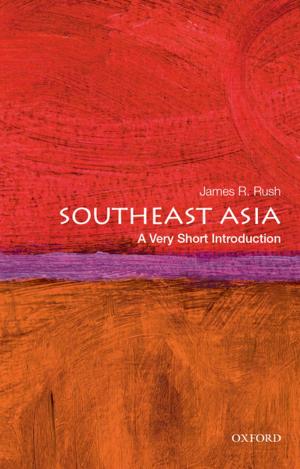Who is to Judge?
The Perennial Debate Over Whether to Elect or Appoint America's Judges
Nonfiction, Reference & Language, Law, Administrative Law & Regulatory Practice, Constitutional| Author: | Charles Gardner Geyh | ISBN: | 9780190887162 |
| Publisher: | Oxford University Press | Publication: | February 14, 2019 |
| Imprint: | Oxford University Press | Language: | English |
| Author: | Charles Gardner Geyh |
| ISBN: | 9780190887162 |
| Publisher: | Oxford University Press |
| Publication: | February 14, 2019 |
| Imprint: | Oxford University Press |
| Language: | English |
An elected judiciary is virtually unique to the American experience and creates a paradox in a representative democracy. Elected judges take an oath to uphold the law impartially, which calls upon them to swear off the influence of the very constituencies they must cultivate in order to attain and retain judicial office. This paradox has given rise to perennially shrill and unproductive binary arguments over the merits and demerits of elected and appointed judiciaries, which this project seeks to transcend and reimagine. In Who Is to Judge?, judicial politics expert Charles Gardner Geyh exposes and explains the overstatements of both sides in the judicial selection debate. When those exaggerations are understood as such, it becomes possible to search for common ground and its limits. Ultimately, this search leads Geyh to conclude that, while appointive systems are a preferable default, no one system of selection is best for all jurisdictions at all times.
An elected judiciary is virtually unique to the American experience and creates a paradox in a representative democracy. Elected judges take an oath to uphold the law impartially, which calls upon them to swear off the influence of the very constituencies they must cultivate in order to attain and retain judicial office. This paradox has given rise to perennially shrill and unproductive binary arguments over the merits and demerits of elected and appointed judiciaries, which this project seeks to transcend and reimagine. In Who Is to Judge?, judicial politics expert Charles Gardner Geyh exposes and explains the overstatements of both sides in the judicial selection debate. When those exaggerations are understood as such, it becomes possible to search for common ground and its limits. Ultimately, this search leads Geyh to conclude that, while appointive systems are a preferable default, no one system of selection is best for all jurisdictions at all times.















